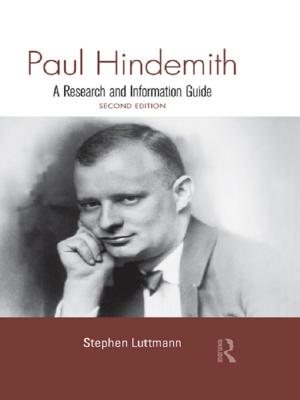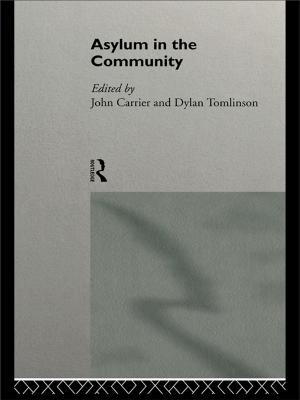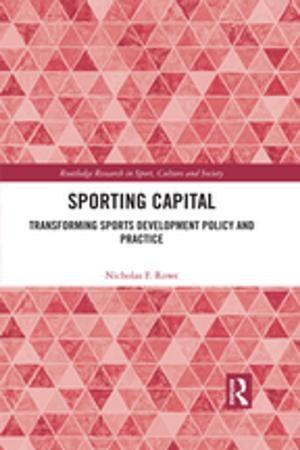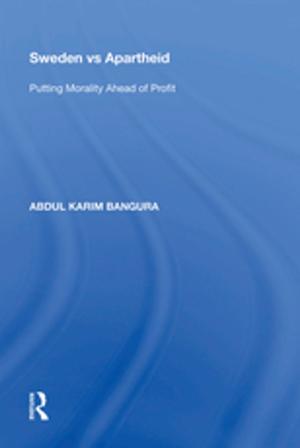The Teaching Instinct
Explorations Into What Makes Us Human
Nonfiction, Reference & Language, Education & Teaching| Author: | Kip Téllez | ISBN: | 9781317240105 |
| Publisher: | Taylor and Francis | Publication: | March 17, 2016 |
| Imprint: | Routledge | Language: | English |
| Author: | Kip Téllez |
| ISBN: | 9781317240105 |
| Publisher: | Taylor and Francis |
| Publication: | March 17, 2016 |
| Imprint: | Routledge |
| Language: | English |
How we select, prepare, and support teachers has become a surprisingly common topic among journalists, politicians, and policymakers. Contemporary recommendations on teaching and teachers, whatever their intentions, fail to assess this deeply human activity from its historical roots. In The Teaching Instinct: Explorations Into What Makes Us Human, Kip Téllez invites us to reappraise teaching through a wide lens and argues that our capacity to teach is one part culture, two parts genetic. By rescuing the field of instinct psychology from the margins, this challenging book explores topics as diverse as teaching in other species, teaching across human cultures, and the development of teaching in young children, finally drawing readers into a discussion about how our teaching instinct influences modern teacher learning, selection, and preparation. Drawing on disciplines as diverse as comparative biology, evolutionary psychology, and teacher education policy, Téllez warns us that ignoring or contradicting our teaching instinct results in unhappy teachers and dysfunctional school systems.
How we select, prepare, and support teachers has become a surprisingly common topic among journalists, politicians, and policymakers. Contemporary recommendations on teaching and teachers, whatever their intentions, fail to assess this deeply human activity from its historical roots. In The Teaching Instinct: Explorations Into What Makes Us Human, Kip Téllez invites us to reappraise teaching through a wide lens and argues that our capacity to teach is one part culture, two parts genetic. By rescuing the field of instinct psychology from the margins, this challenging book explores topics as diverse as teaching in other species, teaching across human cultures, and the development of teaching in young children, finally drawing readers into a discussion about how our teaching instinct influences modern teacher learning, selection, and preparation. Drawing on disciplines as diverse as comparative biology, evolutionary psychology, and teacher education policy, Téllez warns us that ignoring or contradicting our teaching instinct results in unhappy teachers and dysfunctional school systems.















